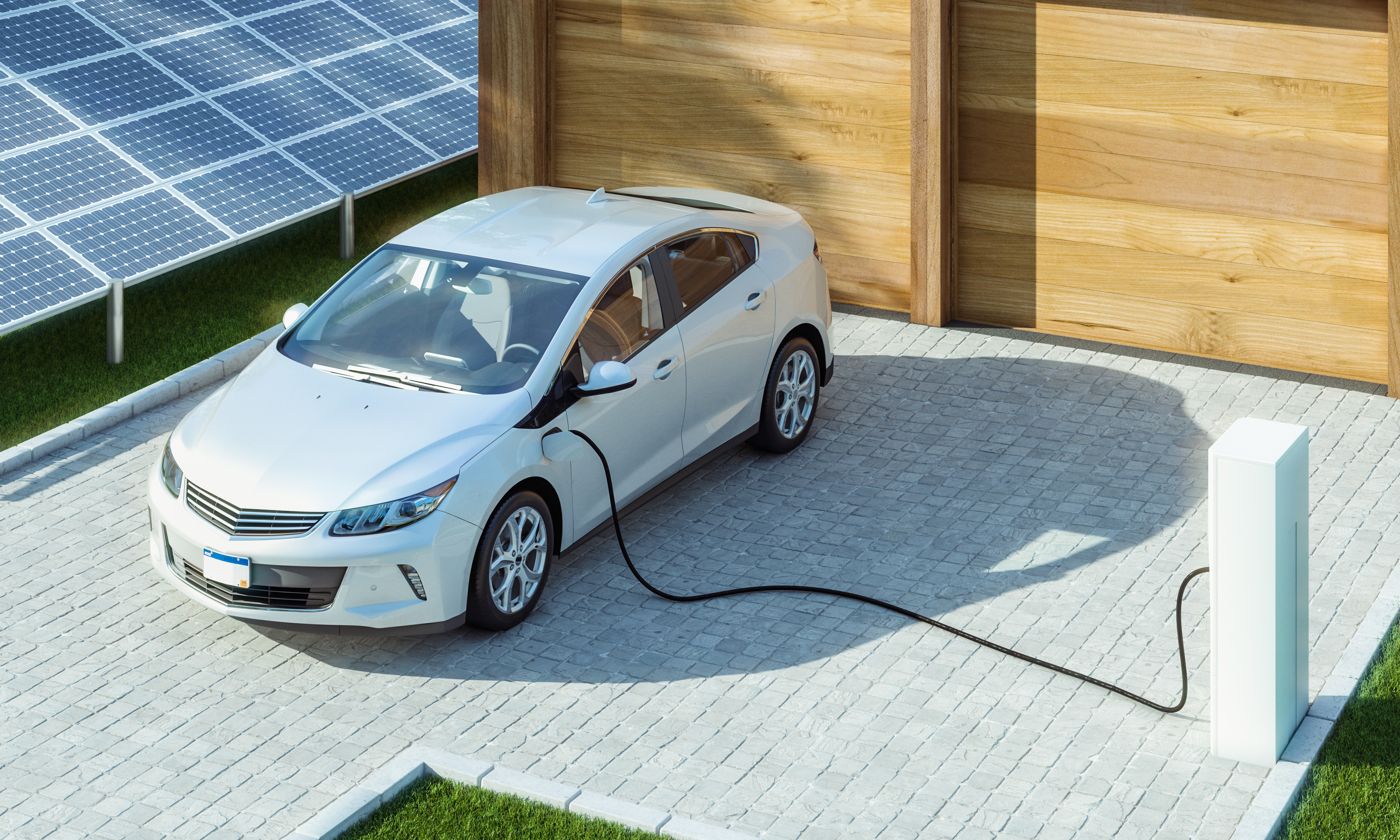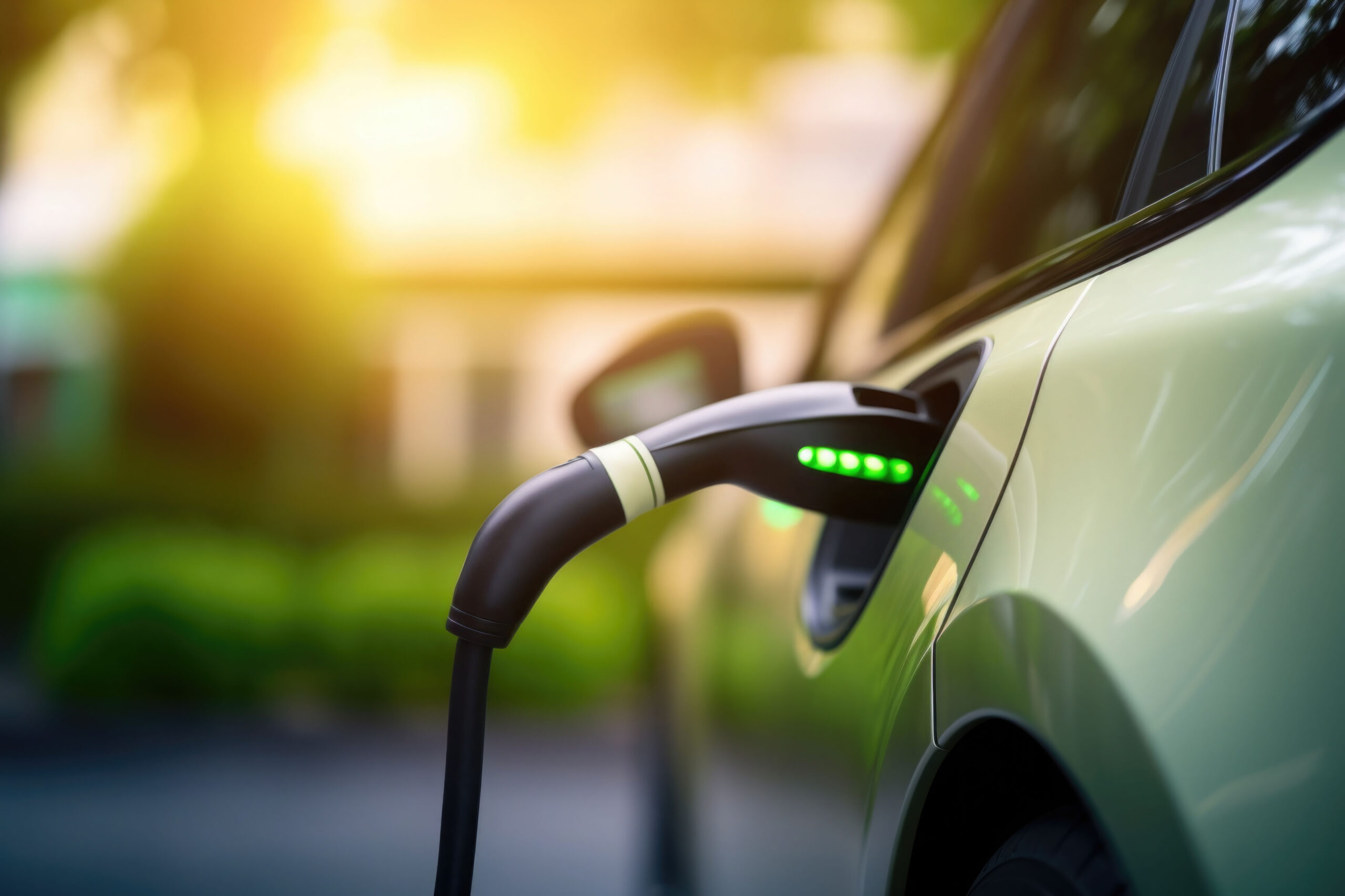
Electrical vehicles – a key component of the energy transition
It is estimated that 75% of the world’s population will be living in towns and cities by the year 2050. A forecast that requires urban centres and their users to advance towards new forms of mobility that are more environmentally friendly and better aligned with the energy transition already underway. Within this framework, the emergence of electric vehicles is a positive development and represents a real alternative to the ban on fossil fuel-burning cars as envisaged by the Climate Plan. It is also a development that pre-supposes a certain level of town planning.
The European EV market
In 2017, Europe exceeded the symbolic threshold of 500,000 electric vehicles in use, marking a 43% increase on the previous year. Despite this growth, the market share remains poor at just 0.9% of vehicles. A figure that is set to grow over the coming months with the French government’s offer of financial assistance for purchasers of electric vehicles. Manufacturers too are channelling more investment into zero-emission vehicles. Despite this positive momentum towards electric, there still remain some major stumbling blocks.
Rethinking infrastructures to support the development of electric vehicles
One of the main barriers to the large-scale deployment of electric vehicles lies in the planning of urban areas, road networks and buildings. With an average range of 140 km, the key issue for users of electric vehicles is the availability of charging points. Accordingly, France’s Energy Transition for Green Growth Act sets a target of 7 million charging points installed by 2030, with a requirement for businesses to pre-equip an area of their car park for the installation of charging points. In addition, charging requirements do differ according to usage: rapid chargers are required for motorway infrastructures, capable of recharging a car within one hour, whereas medium power is suitable for commercial buildings, and normal power can prove adequate for residential buildings.
Rexel, drawing on its core business, has chosen to position itself in this growing market in order to support the various stakeholders in installing this new equipment. It offers comprehensive packages, scalable to suit the number of vehicles to be charged, with a standard or photovoltaic power source. Associated services for users are valuable additions, such as geolocation, charging point reservation or online payment. All such options combine to contribute to the development of tomorrow’s smart cities.

